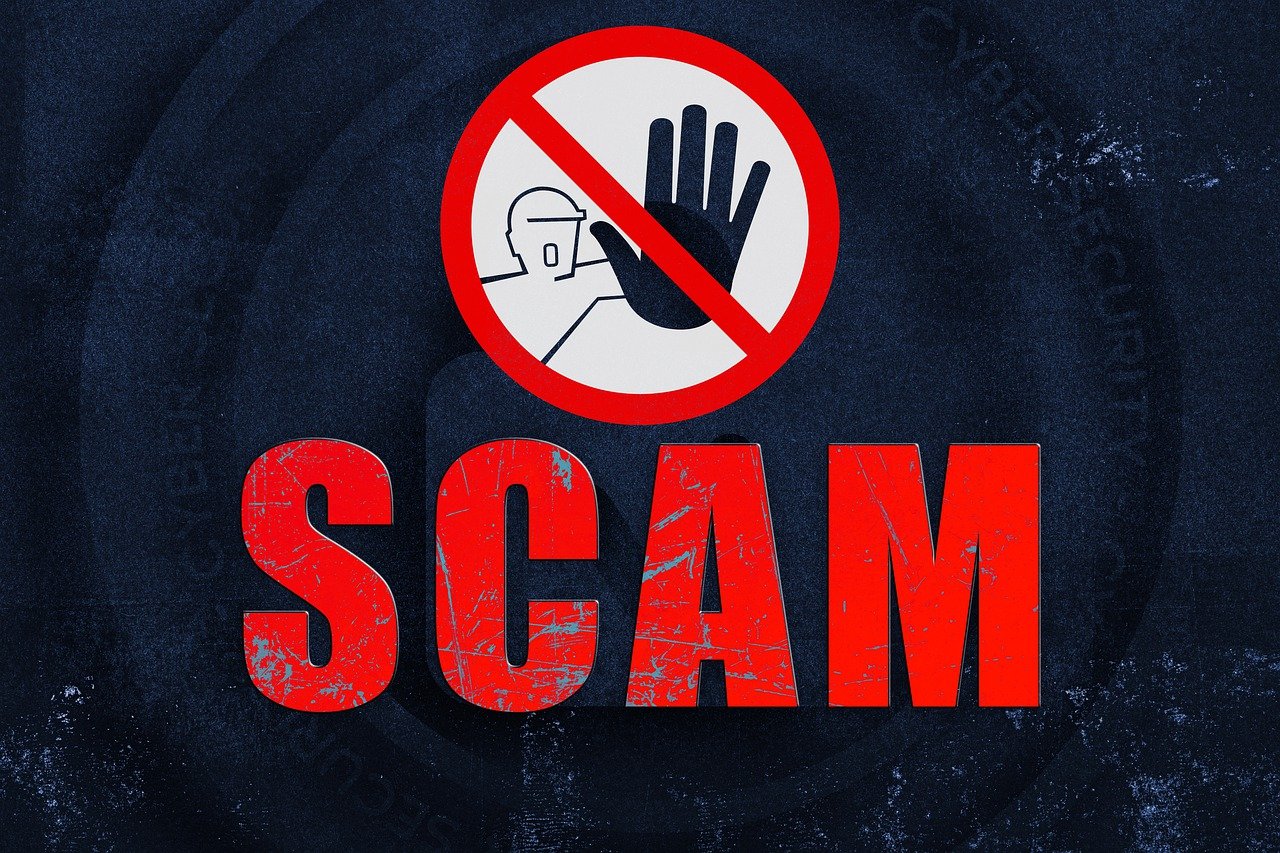- 1300-Practice (1300-772-284)
- Contact Us
- Member Login
- Get Listed Today

Small business scams is an unluckily common occurrence. In fact, more scams take place in small businesses than in large company because of the lack of controls and mistake. If you have identified signs of scam or discovered a fraudster, you are middle through the ride towards recovering from financial scams.
How can you spot the signs of business financial scams?
Signs of scams are often delicate or simply excused by management. As time passes on, the perpetrator will try to get away with progressively and these red signs become ever more flagrant. Some of the common signs of scams include:
Cash transactions that are more than 30 days old that have not been reconciled.
Payments made to unidentified vendors on a regular or one-time basis.
A bookkeeper or accountant who doesn't take any vacations.
Doesn't allow anyone else to read the books.
Keeps paper receipts and records as a rule.
Vendor payments are frequently duplicated.
Physical counts reveal inventory shortages on a regular basis.
Increasing the percentage of sales spent on vendors.
Payroll increases without the need to hire new employees.
Despite positive financial reporting, cash is always diminishing.
Check out our article on what are the red flags of fraud for more information on fraud detection.
What is the definition of proper fraud management?
It's time to acquire forensic accounting services once you've discovered fraudulent activity. Forensic accountants are professionals that investigate, detect, and document fraud. Because the majority of small business fraud is committed by someone in your accounting department, it's critical to hire third-party fraud management. A process to guide you through the fraud management and recovery process is included in forensic accounting services.
Check out our post on what a forensic accountant does for more details.
How can I get my company back on track after a financial fraud?
Fraud management is a lengthy and demanding process that starts with detection. Read about it at https://analysisforensics.com/
Small firms confront a three-step recovery process after their forensic accountant has examined and found fraud:
Asset recovery is a term used to describe the process of recovering
Managing cash shortages and turning around a firm.
Controls are being put in place to avoid future fraud.
Step 1 of the Fraud Recovery Process:
Asset restitution
When confronted with a fraudster, there are frequently methods to reclaim money or other assets that have been lost. These negotiated repayment plans are frequently offered in exchange for law enforcement agencies not filing charges.
For modest or simple instances of theft, such as credit card fraud or stolen items, this is the best line of action.
Simple asset recovery solutions can save your small business money on legal fees associated with prosecution or civil lawsuits.
Because fraudsters frequently spend the money they steal (typically on frivolous activities such as gaming or holidays), you should expect asset recovery to take some time.
Because negotiations do not always result in a complete recovery of losses, you will have to write off a portion of the fraud as a loss.
In the fraud management process, deciding whether or not to bring charges is a crucial decision. Most firms can file an insurance claim to cover damages if local law enforcement is required to intervene due to security concerns or severe offences such as money laundering.
Simple asset recovery solutions by Analysis Forensics Ltd - https://analysisforensics.com/ can save your small business money on legal fees associated with prosecution or civil lawsuits.
Because fraudsters frequently spend the money they steal (typically on frivolous activities such as gaming or holidays), you should expect asset recovery to take some time.
Because negotiations do not always result in a complete recovery of losses, you will have to write off a portion of the fraud as a loss.
Weekly, use a 13-week cash flow estimate.
Restructure your debt or apply for more credit.
Engage the services of an expert for business turnaround consulting.
Accelerate collections, postpone payments, or reorganise your company.
Business turnarounds are difficult and time-consuming; for more information, see our page on what a business turnaround is. Turnaround consulting services are essential for promptly averting disaster.
Step 3 of the fraud recovery process is to put safeguards in place to avoid future fraud.
Choosing whether to file charges is a critical choice in the fraud management process.
If local law enforcement is obliged to interfere owing to security concerns or serious offences such as money laundering, most businesses can make an insurance claim to pay losses.
After your company has weathered the short-term crisis, it's time to address the underlying issue: weak controls. Financial controls are fraud prevention standards, and they are the most important tool for preventing and detecting fraud. The most common cause of small business financial fraud is a lack of controls and a failure to enforce procedures. Failure to solve control flaws leaves future fraudsters with an open entrance.
Your business situation will determine which controls to adopt. In general, the following are the most typical fraud detection and prevention controls that are missing:
On AP invoices, there is no 3-way match.
There was no internal audit of credit card expenditures.
Payroll hours were not approved by management.
There is no anti-fraud awareness programme (especially important for preventing external fraud.)
Inadequate physical or IT security.
There are no regular physical inventory counts.
|
|
-(2).png)